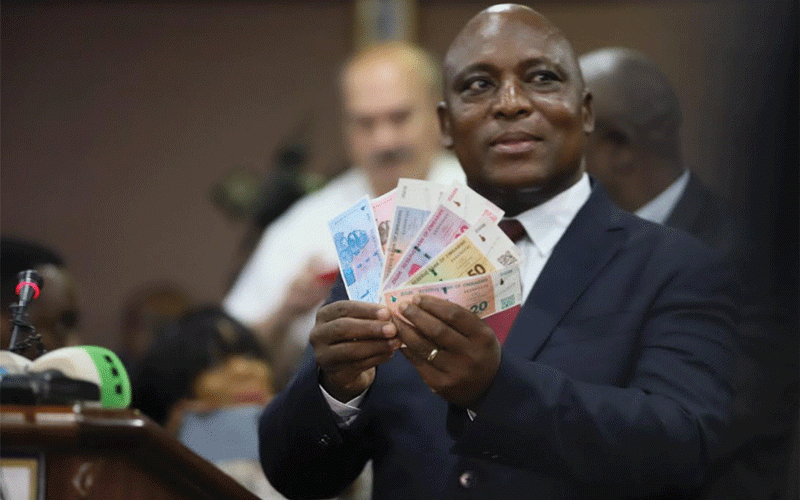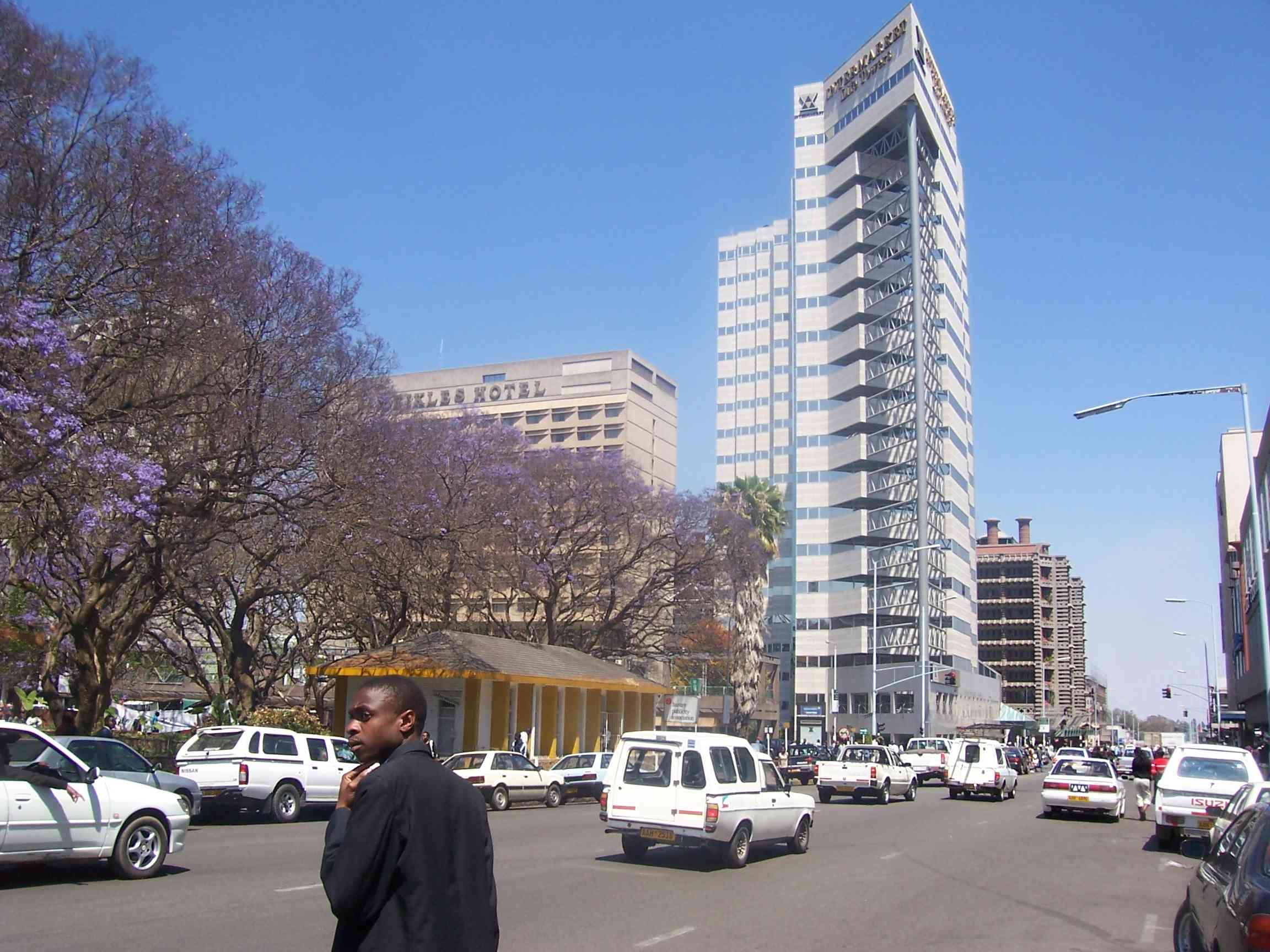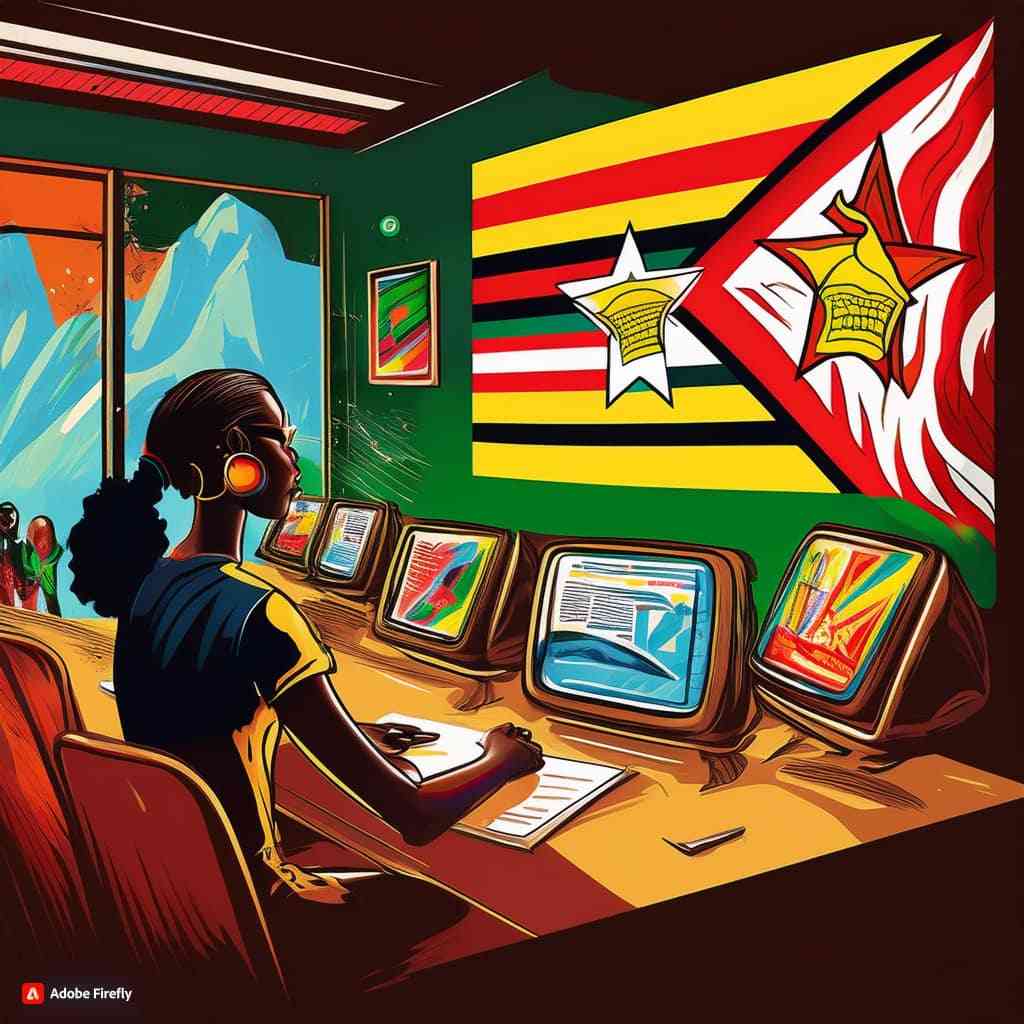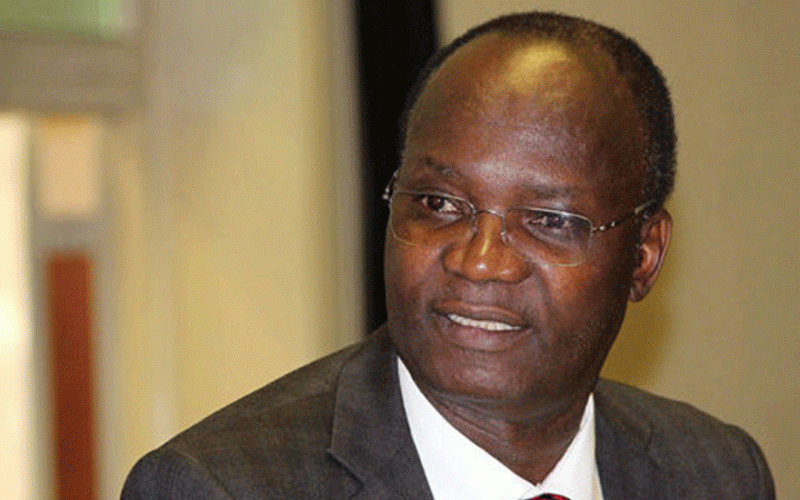
BY TAPIWA GOMO
One of my former lecturers in development studies used to say to develop a society is one of the easier goals to achieve but the challenge lies in navigating the impediments in implementing development projects. He argued that if a society and its leadership decide to proceed on a national project, they must ensure that all the necessary requirements are available including committing themselves and their time to the achievement of the projects.
He further argued that in societies that operate on democratic principles, the first line of impediments tend to be in securing consensus on projects, resource allocation and who to implement them. At each stage of these discussions, arguments and narratives are generated, some of which ending up making what looks like an easy project impossible to implement.
What distinguishes societies’ ability to develop is partly how their leaders utilise power, resources and direct people towards achievement of development projects. Within that framework, political power becomes the capacity of an individual or a group of them to influence the actions, beliefs, or behaviour of others. Depending on context, power can be seen as evil or unjust; and it can be seen as good and as something inherited or given for exercising humanistic objectives that will help, move, and empower others as well.
Let us look at a country such as Zimbabwe at the stage of colonisation. The colonialists came and invaded the land that belonged to a society but was largely undeveloped. They took power from the occupants of the land, pushed some of them out of their ancestral land and started putting in place structures that became towns and cities today in Zimbabwe.
Part of this process included drawing up plans and implementing them through acquiring free or cheap labour and material resources from local people, most of the time, against their will and through use of coercive power.
Through these unjust and coercive processes, most of the buildings, roads, utilities and other infrastructure that define our state of development today were established.
In the last four decades, the world watched and condemned how cheap labour partly steered China’s economic growth which today has become the basis for reduced poverty.
- Chamisa under fire over US$120K donation
- Mavhunga puts DeMbare into Chibuku quarterfinals
- Pension funds bet on Cabora Bassa oilfields
- Councils defy govt fire tender directive
Keep Reading
The difference lies in that Chinese leadership “abused” its people to establish an economic foundation.
On average, labour comprises about half or roughly 40–60% of the total construction cost of most projects.
This means that, in the context of pre-independent Zimbabwe, more buildings and infrastructure were built faster at half the price during that dark period of our history.
Political power was “abused“ for constructive and development purposes which would benefit future generations for centuries to come.
It is in the same processes that we find narratives such as racism, oppression, colonisation, unjust and other ills. But the outcome of the same evil processes is our pride today. Our infrastructure, largely developed during colonialism, is an outcome of that unjust season. We have since independence labelled these the fruits of our ancestors’ labour without acknowledging that the same fruits were from a colonial orchard — colonial masterplan.
Come 1980, political power shifted after many years of fighting to displace colonial power. The reasons for the fight were that it was colonial, oppressive, racist and, therefore, not progressive. In other words, we had issues in the processes and not in the outcomes.
By 1980, the outcome of the colonial period would show that Zimbabwe’s economy was the second biggest in Africa whose currency was stronger than that of the United States of America and again that was our pride then. We inherited among the most advanced infrastructure in the region at independence which leaders of other African countries described as the jewel of Africa.
With power having shifted to black leadership, it was then assumed that the country was no longer under the hands of oppressive settlers and, therefore, the problems that bedeviled the economic production processes were eliminated.
The outcome of the fight by black people to regain control of their resources was then described as freedom — a premise seen as necessary to steer the country forward in terms of development.
However, the past four decades have shown that power is both insipid and liquid and can be used to advance the priorities of those who hold it. In Zimbabwe, it was never used as the people intended.
The colonial leadership used political power to oppress while implementing economic development plans whose outcome is seen in the size of the economy and the large number of people who benefited from the same economy.
On the other hand, the black leadership adopted the same oppressive and coercive attitude but this time not to develop the country but to protect their power and loot national resources.
This seemed to be their priority or rather the objective of displacing the colonial system.
The current levels of poverty and regression in development is simply because these are not the priorities of the current leadership.
If people can volunteer to die for the ruling party for free, they can surely do so to build bridges, schools, hospitals, and other development projects.
- Tapiwa Gomo is a development consultant based in Pretoria, South Africa. He writes here in his personal capacity.











